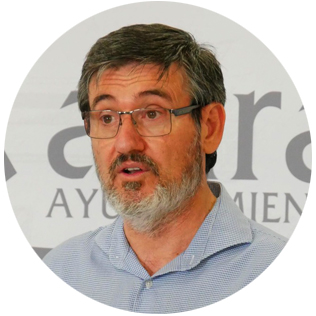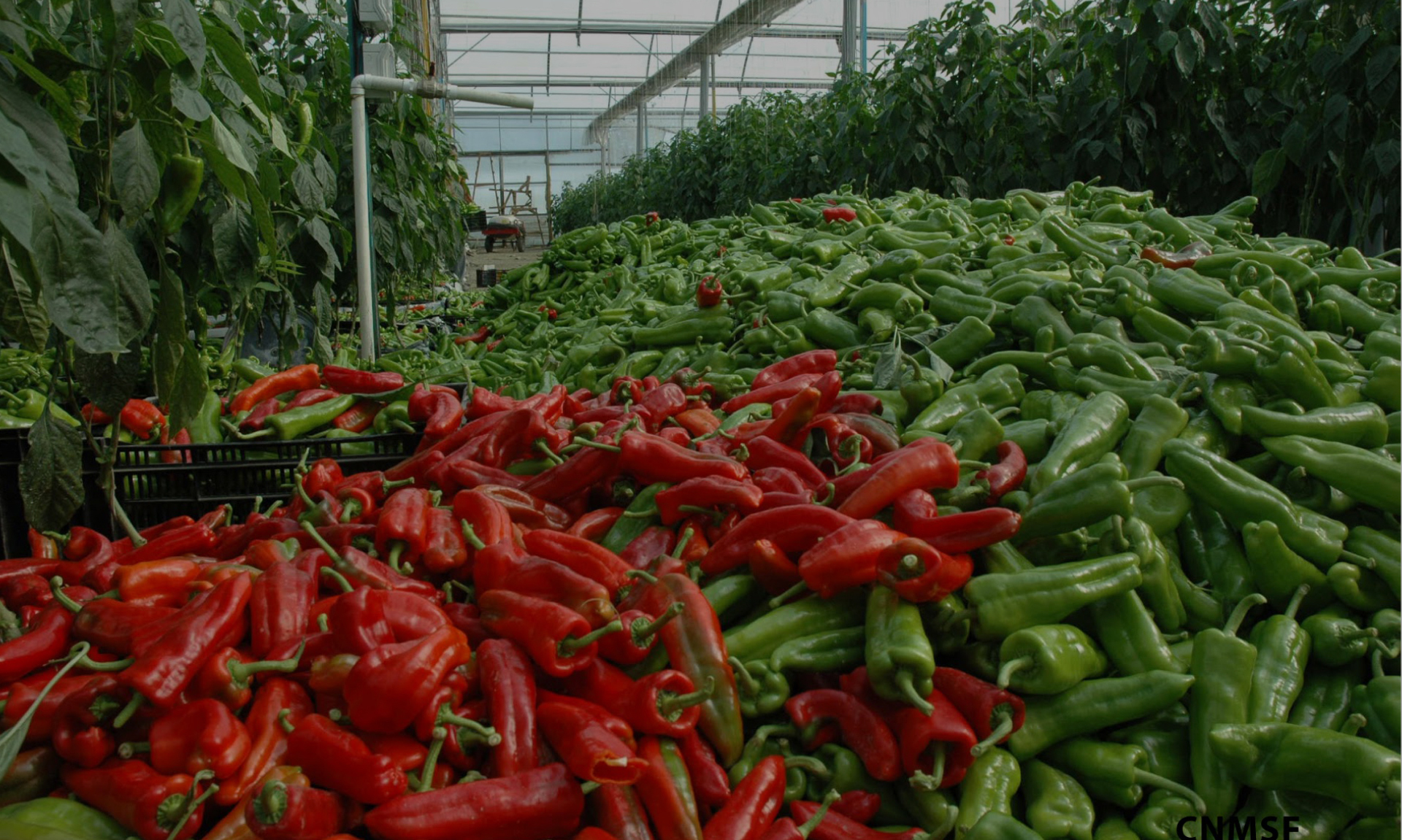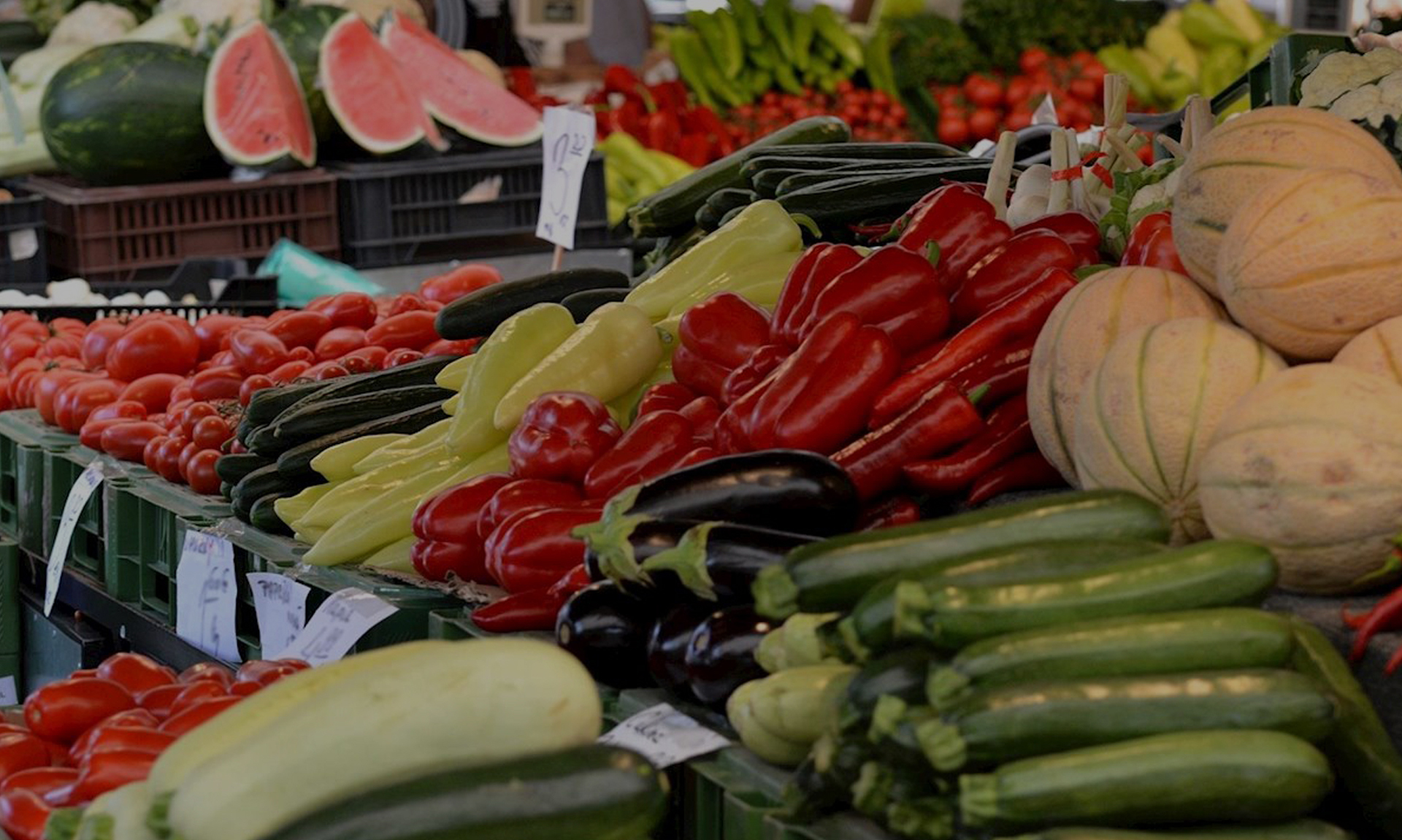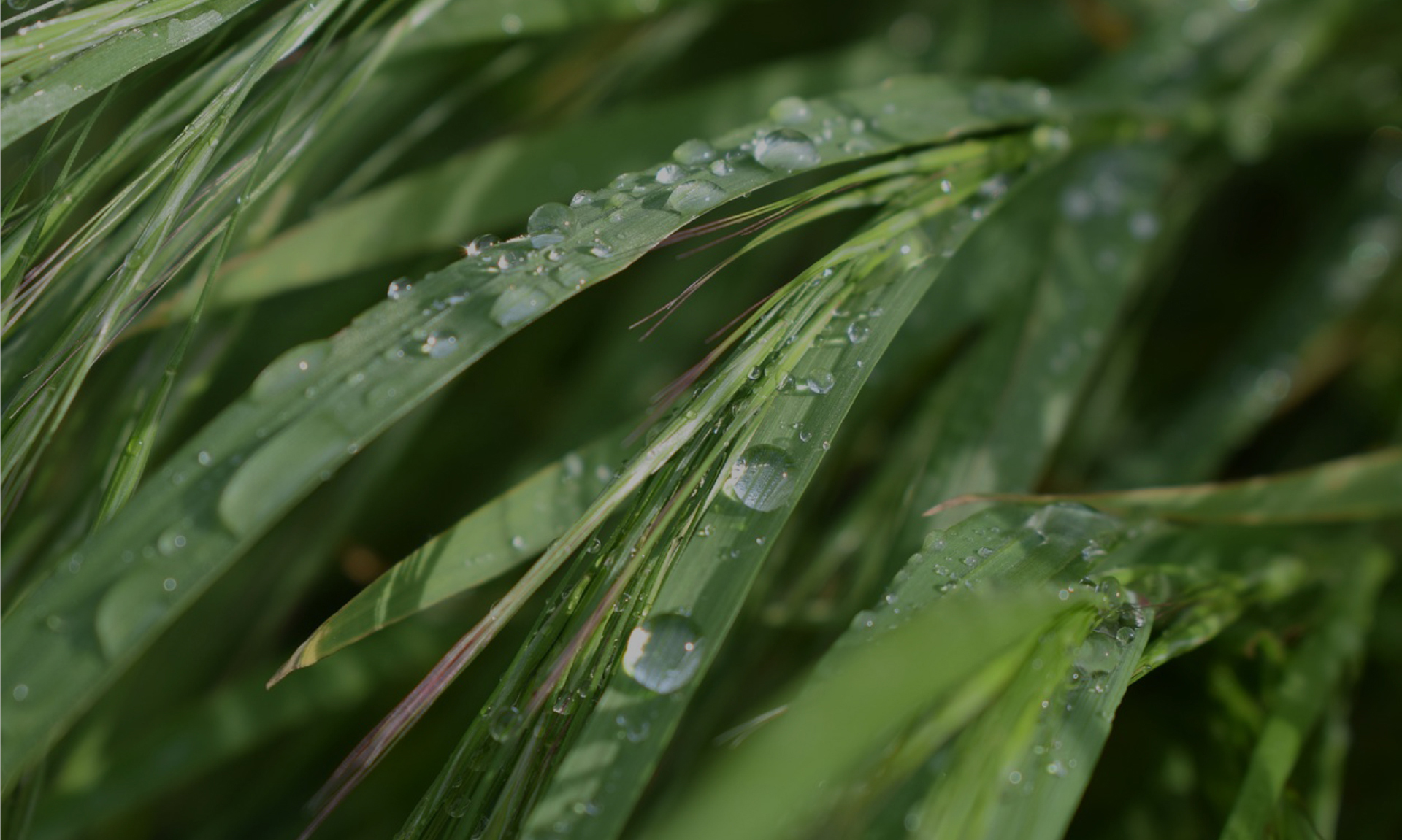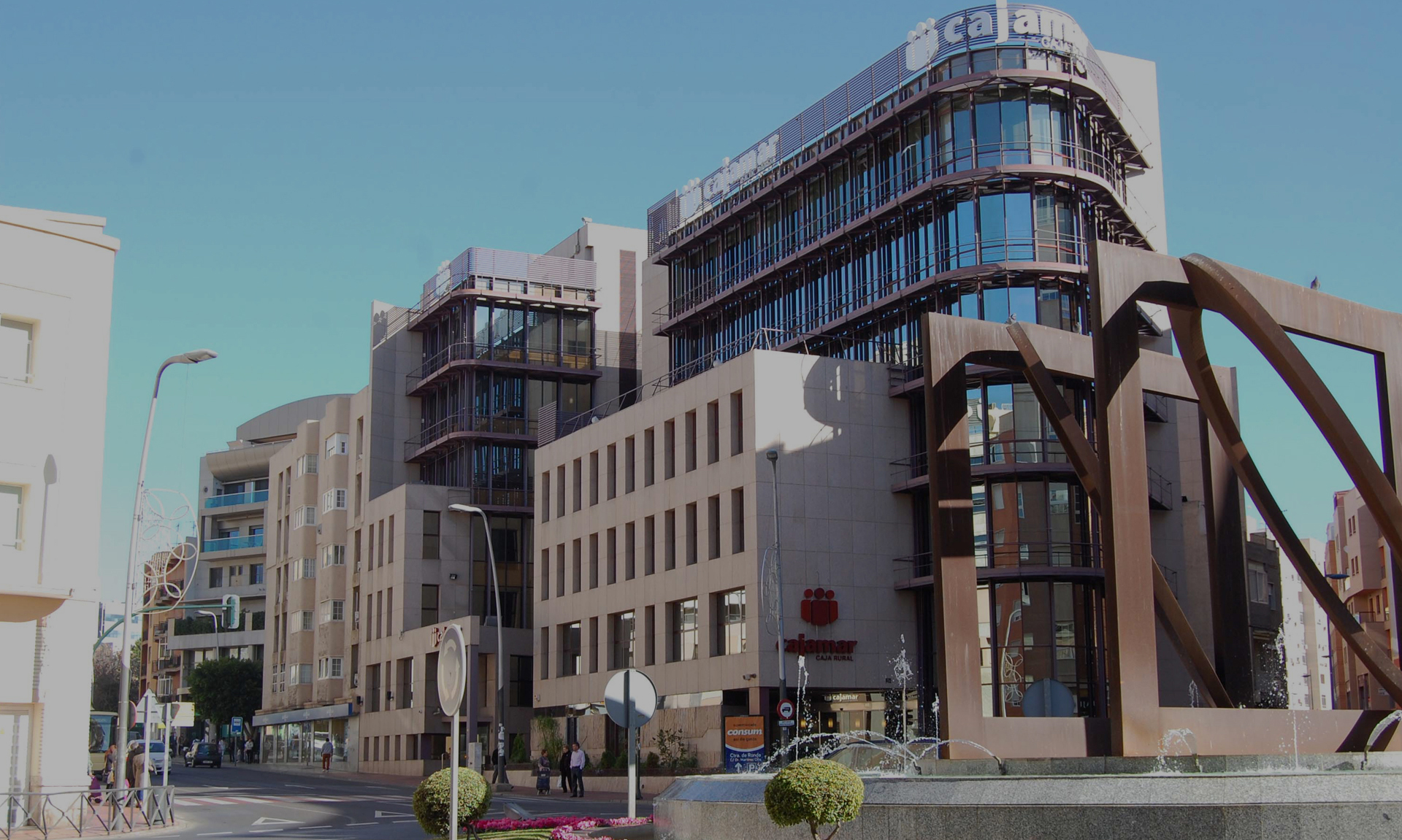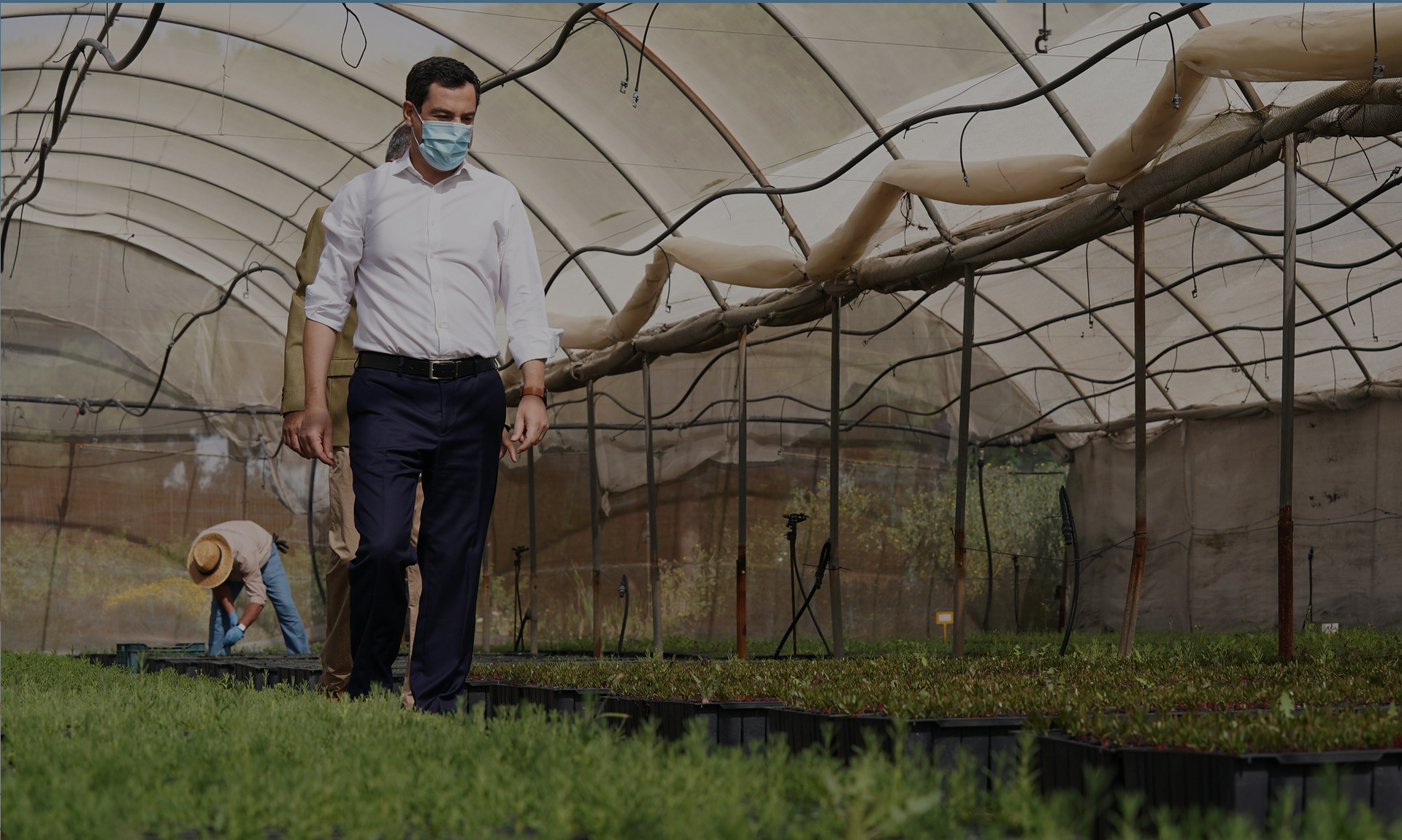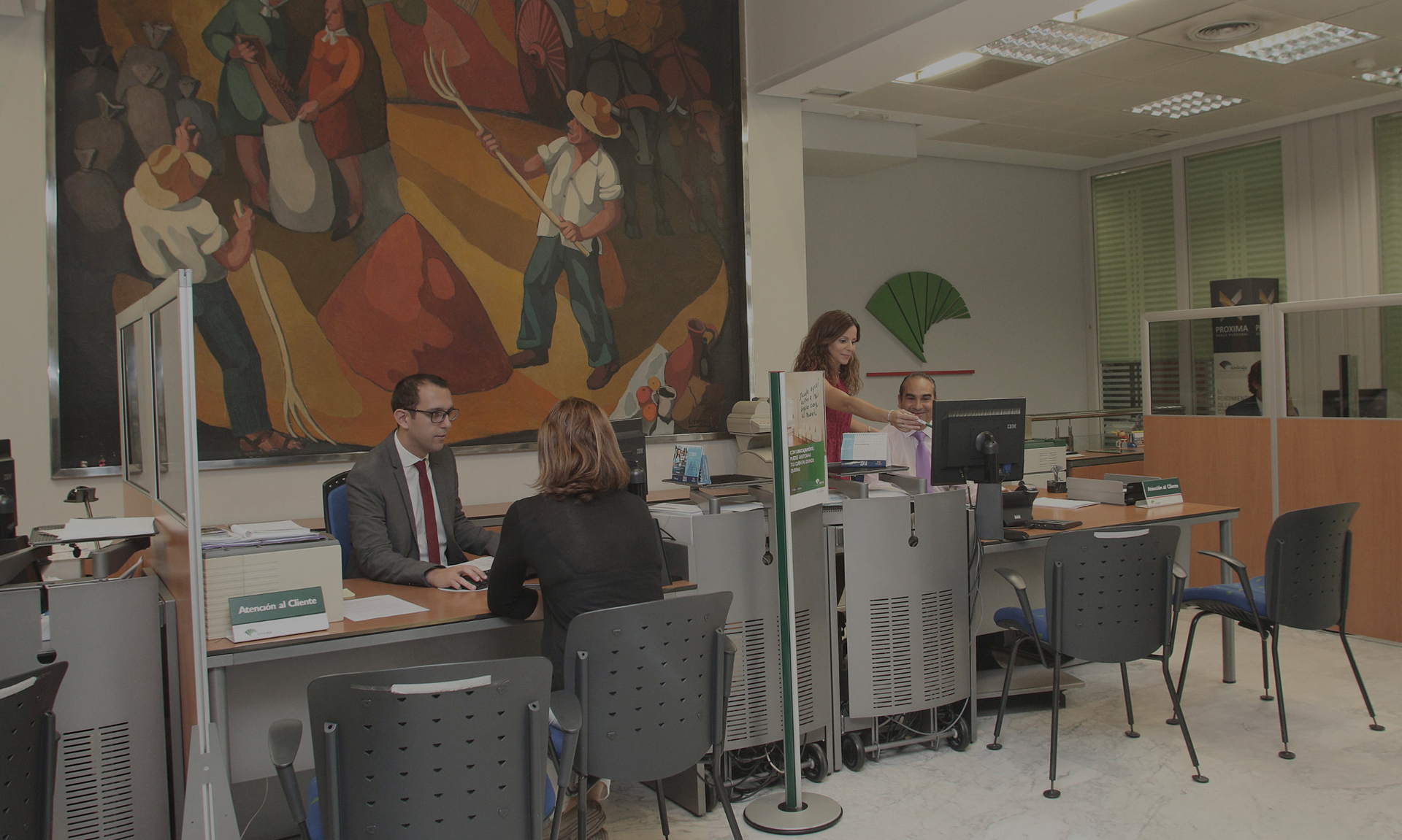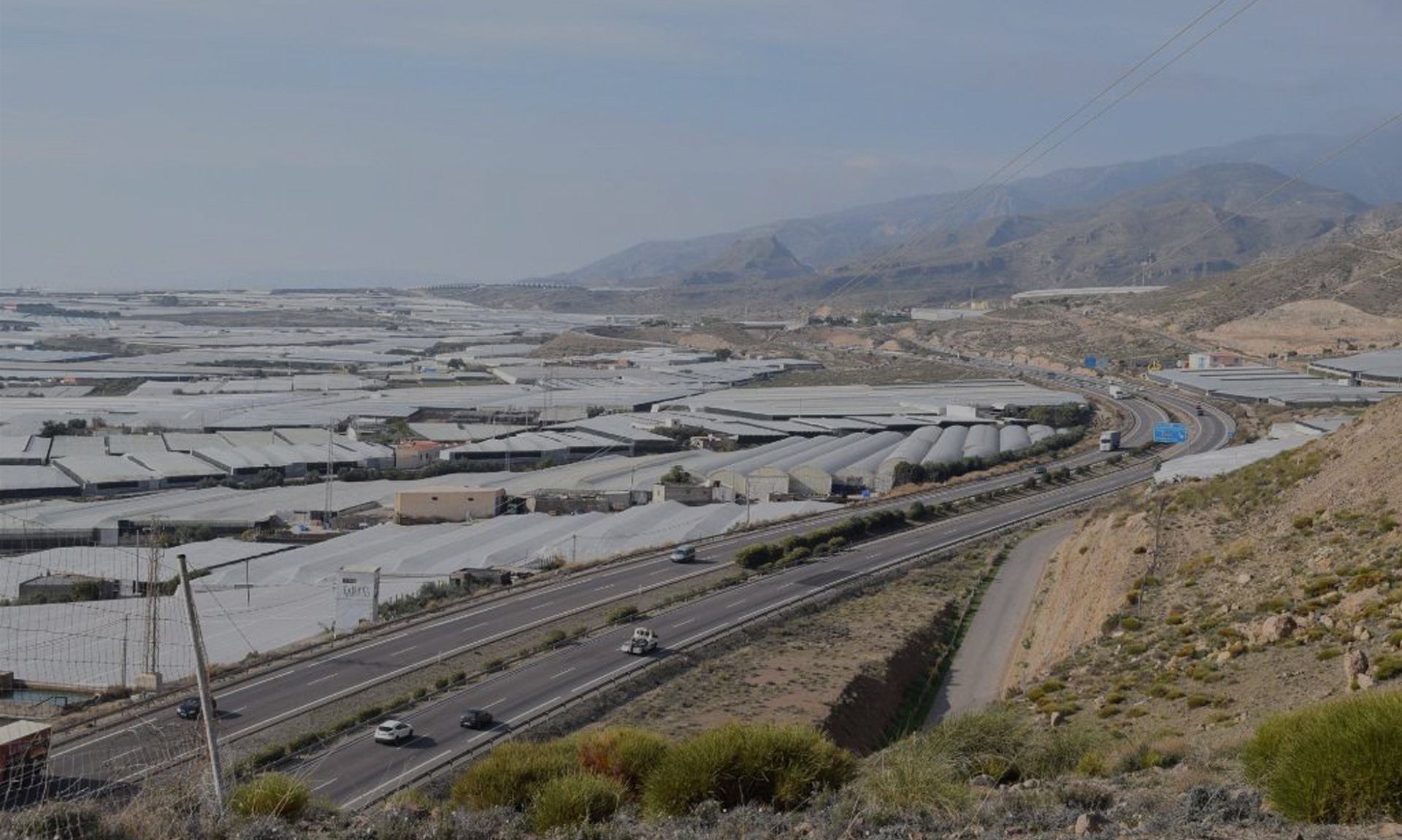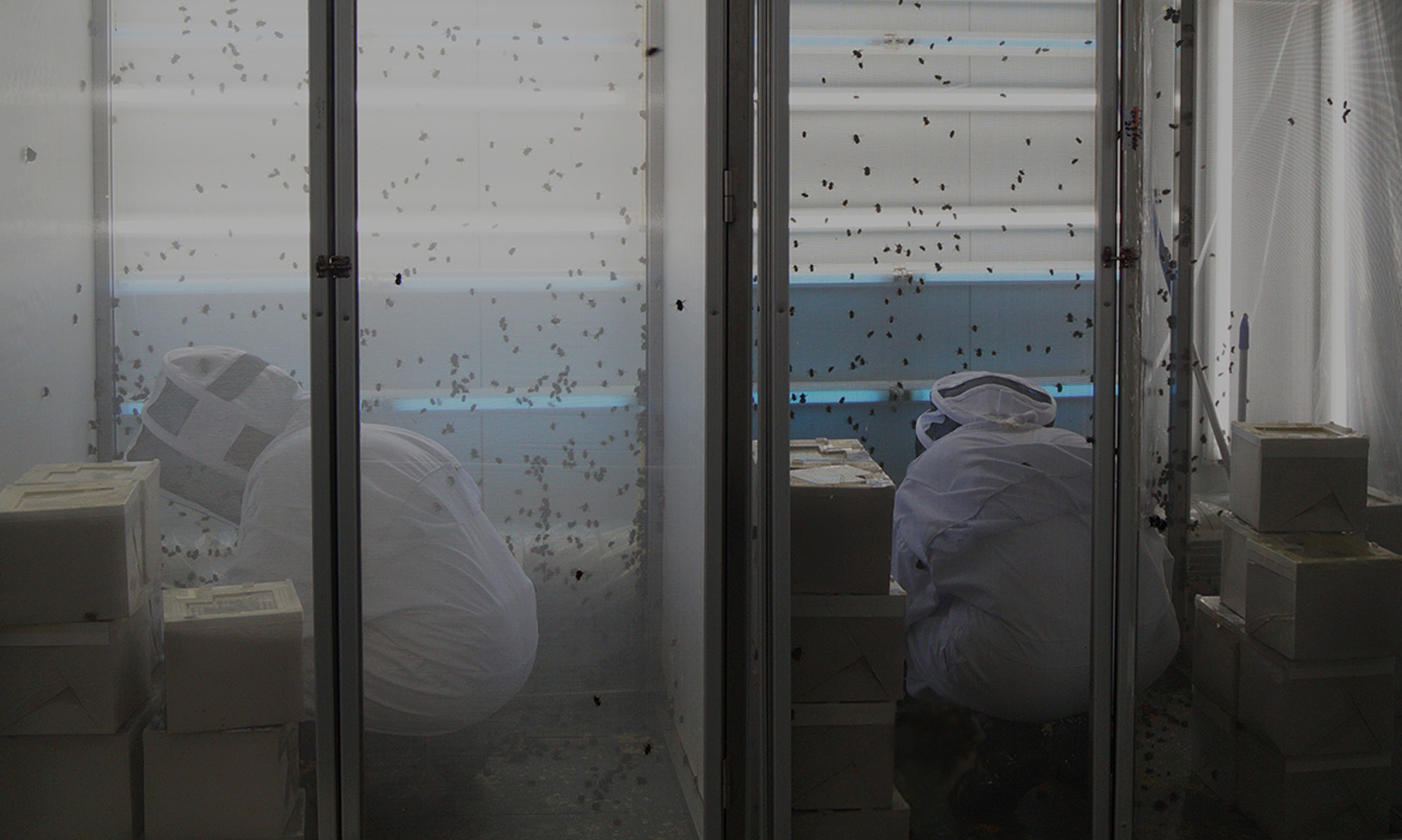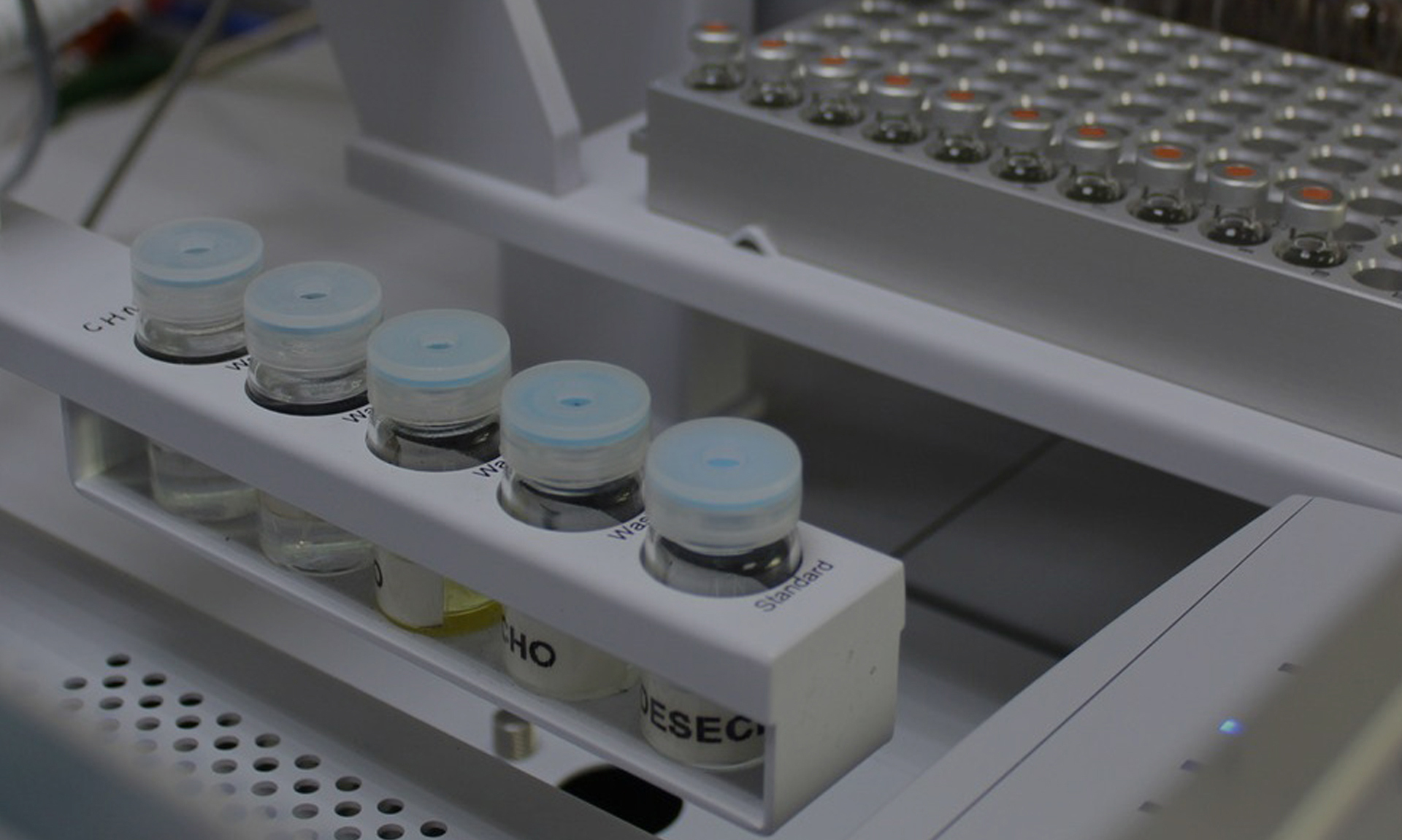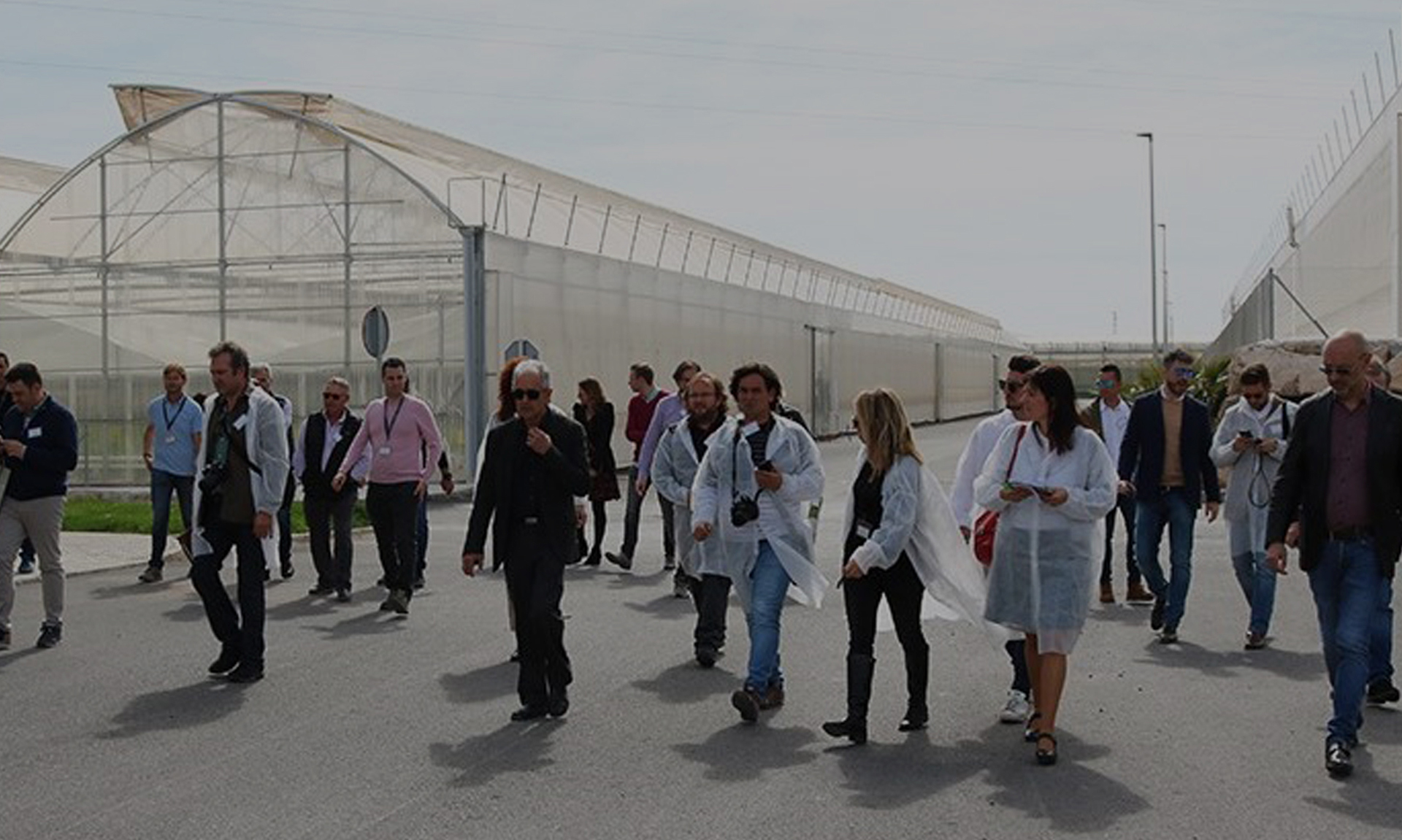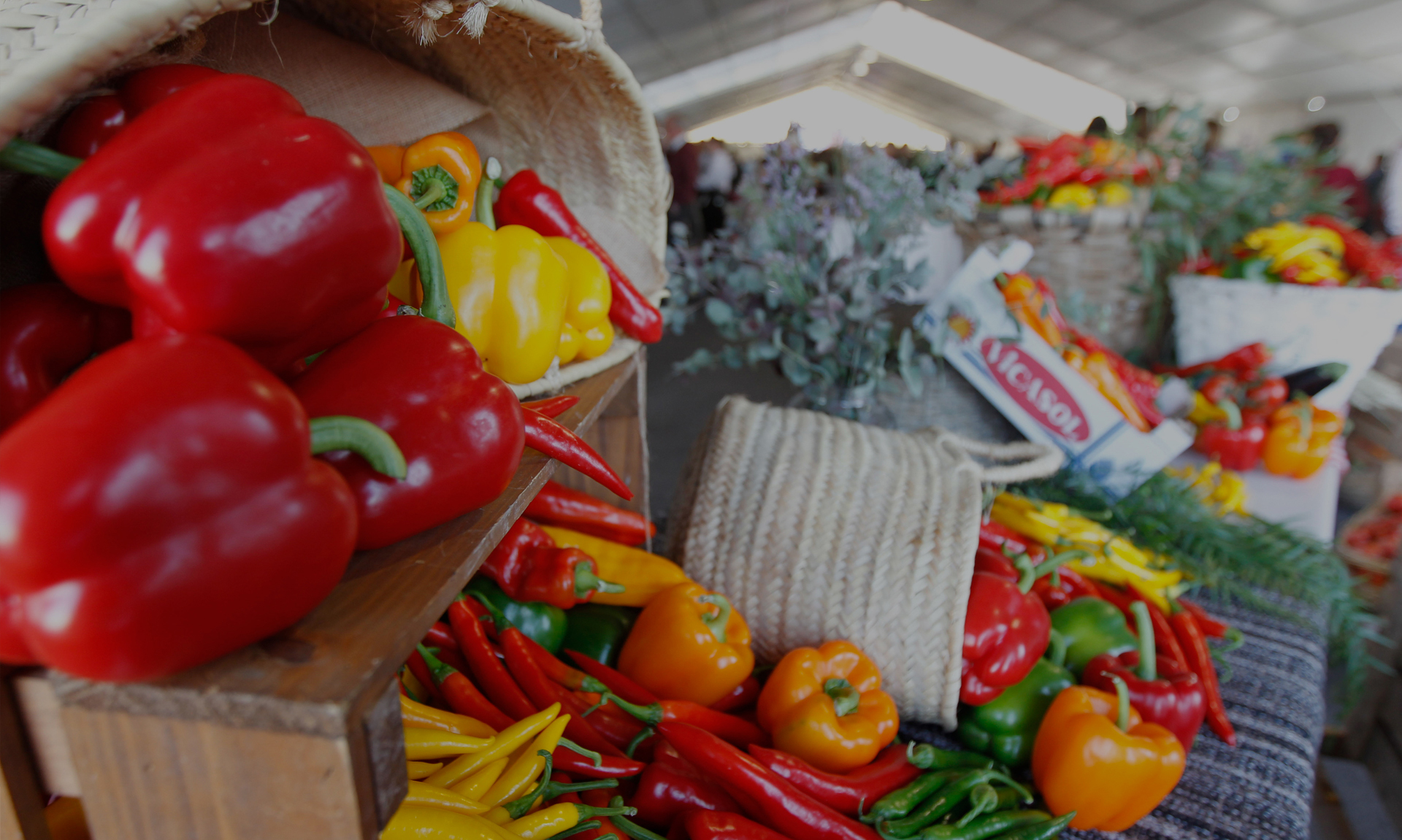Regional government of Andalusia
“If something became clear during this crisis, it’s the strategic role of our agriculture”
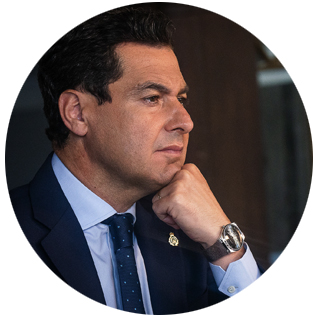
INTERVIEW
Juanma Moreno /
Regional Government of Andalusia’s president
Do you expect it will take long to recover the production and employment levels previous to the COVID-19 crisis?
Andalusia is a land of entrepreneurship and great talent. We have proved that through our history. And Almeria in particular showcased this perfectly during the quarantine, maintaining production and employments, and keeping Andalusia’s larders full. I’m convinced we will make it through this crisis, and the Regional Government of Andalusia is already setting up initiatives to achieve that as soon as possible. Concerning the farming sector, we are funding it with 200 million euros to inject liquidity.
The fruit and vegetable sector in Almeria has not only kept its production rates, but even increased them. Is this farming system more capable than others to withstand a crisis?
Having gathered data covering until March 30th, fruit and vegetable exports from Andalusia went up by 2,3% compared to the previous year (a 3.423 million euros turnover). Almeria tops this list with a growth in exports of a 6% for a total of 1.231 million euros as turnover. This is proof that the Almeria production system is competitive and able to produce healthy and safe products that are both affordable and of high quality. Sustainably grown products that can compete in international markets.
What example do you think Almeria is setting for the rest of the world by not ceasing its production for even a single day during the pandemic?
Almeria, before this situation arose, was wrapping up the winter campaign and preparing for the spring, an important transition time between campaigns. Farmers in Almeria managed to keep working and growing their crops, striving for normalcy and guaranteeing the supply not only for the rest of the country but Europe as well.
What are the biggest challenges that the fruit and vegetable industry will have to face concerning post-COVID markets?
If something became clear during this crisis, it’s the strategic role of our farmers. However, it’s true that we face several challenges, and probably among the most important is to keep developing and advancing digitization and telematic technologies. Each step we take in introducing technology in the field means three steps forward in competitivity and six in sustainability. Another two challenges worth mentioning would be, on one hand, the promotion of our products in respect to their quality, safety and health benefits; on the other, the conquering of new markets and surpassing of “political barriers” like the Russian veto or the tariffs imposed by the EEUU.
With water as one of Almeria’s atavic issues, would you say it is time to commit to maximize productivity per hectare, instead of the setting up of new crops?
We still have work to do in that regard, but combining the introduction of new technologies with new varieties we can perhaps augment water efficiency. And that too is sustainability.
Could this improvement of the image of agriculture mean a renewed interest in the profession for the youth?
Of course. Society has recognized the role and standards of our farmers, who kept working in order to guarantee the supply of food. Plus, in many towns and villages those farmers put their free time, machinery and equipment available for disinfection tasks. I would personally like to seize this opportunity to thank the entire sector, once again, for their work and disposition during this crisis.
Do you think the government on a national level is tending to the needs of producers and companies and successfully defending the farming sector?
There are lights and shades. Our minister Carmen Crespo maintained over 70 meetings with farming sector representatives during the pandemic. Thanks to these meetings we were able to give answer to many situations and demands by our farmers, but also to become ourselves representatives of the sector before the government and the EU, sometimes successfully, others without receiving any answer
Society has recognized the role and standards of our farmers, who kept working in order to guarantee the supply of food"
What level of priority have you established towards achieving the “green revolution” proposed by minister Crespo?
We understood from the first minute that agricultural and environmental policies must go hand in hand. It is enough to recall that in Andalusia, 10% of GDP and 11% of jobs come from agriculture and its industry. An overly protected environment can become an abandoned environment. We are striving for balance, and that is the purpose of the Green Revolution. Last week, coinciding with the World Environment Day, we created the Interdepartmental Commission on Climate Change, yet another step towards this Green Revolution that will influence every other decision.
Should agriculture become a strategic sector for this country, and therefore treated as an affair of state?
Agriculture is a strategic sector for Andalusia, and for Spain too. We are aware of that at the Regional Government, and as I understand it is the same for the central Government - there is no issue or confrontation in that respect. We defend the interests of our region and raise our voices when there are attempts to damage the reputation of a whole sector pointing out isolated practices and irregularities. That attempt to criminalize the Andalusian farmer, or to accuse them of practicing slavery, will always make us speak out. Unfortunately, even the minister Luis PLanas had to admit the issues with the guidelines released by the Ministry of Employment.
Climate change is possibly the biggest global threat we are facing. How essential for you are the policies dealing with hydric resources, territory management or the energy model?
When we speak about a Green Revolution in Andalusia we are referencing a holistic policies approach. We are pioneering a Climate Change Law. We will soon present the counsel with an Integral Residue Ruling that will deepen the practice of circular economy, which we deem capital. Following the same strategy, we set up an Economy Reactivation Plan for hydric facilities aiming to issue a great tenders package through 2020. We will handle 357 contracts of hydric facilities with an estimated value of 575 million euros. Plus, we are prioritizing the resolution of environmental projects dealing with renewable energies.
Is it time to campaign for the recognition of Almeria’s farming sector in terms of food safety?
The best campaign for the farmers is translated into their export data. Consumers are increasingly more demanding and success is only achieved by offering products of high quality, safe, and sustainable. From the Regional Government of Andalusia we extended an invitation to the Commissioner for Agriculture so that he can learn about the reality of Andalusia’s farming sector, and in particular that of Almeria. However we are already running a campaign called “Llena tu mesa de Andalucía” in which we highlight typical products from Almeria like watermelon, tomato, cucumber or pepper.


